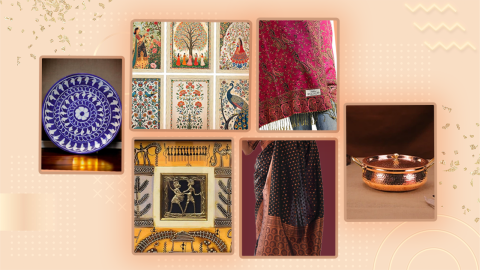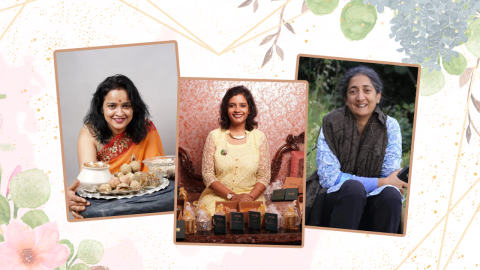Circa May 2020: Siblings Krati and Varun Tandon were hunkered down in their hometown Kannauj–a sleepy oasis on the banks of the Ganges–facing an unprecedented pause in their busy lives. The entire nation was reeling under the first COVID-19 wave and the subsequent lockdown which pushed commerce to a standstill. Keen to use their time productively, Krati–an alumnus of the Indian School of Business–and Varun–a national award-winning writer and director–turned their attention to Kannauj’s once-burgeoning natural perfume industry. Witnessing firsthand the struggles of local artisans (the siblings’ father Pravin Tandon also occasionally experimented with perfumes at home), they saw an opportunity to support perfumeries and use their business skills to promote natural, oil-based perfumes.
In 2021, the siblings established Boond Fragrances with the mission of reviving Kannauj’s Attar production. Today, Boond sells over 18 products on Amazon.in and has created employment opportunities for 15+ artisans across the country. Some of Boond’s best selling products are Maati (Petrichor), Motiya (Jasmine) and Lavya (Lavender). “The passion, aspirations, and traditional wisdom of everyone involved in the making of Attar is passed on to the consumer,” says Kannauj-based Pravin Tandon, who oversees Boond’s operations, besides running his own cold storage business
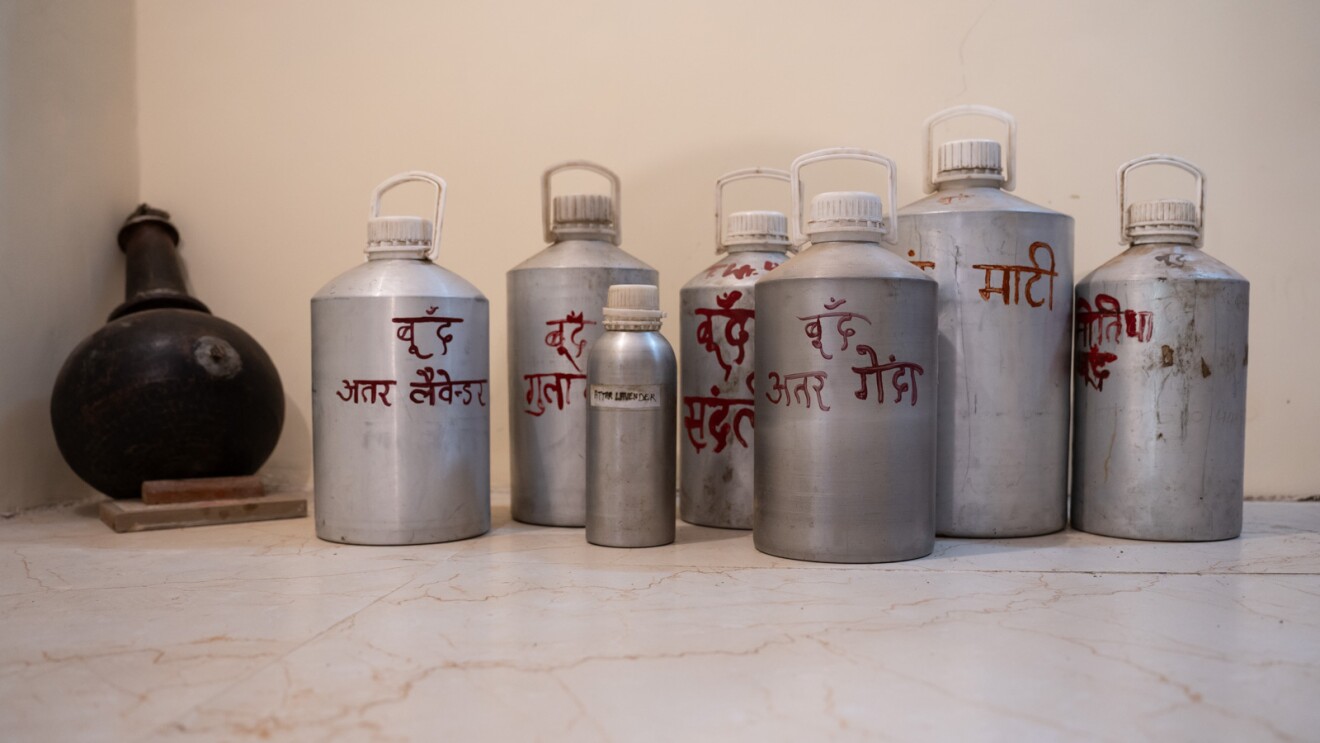
Kannauj’s centuries-old legacy of natural perfumes
For over four centuries, Kannauj has proudly worn the title of India’s perfume capital. Yet, the 20th century presented formidable challenges: the economic liberalisation of 1991 led to a period of decline as cheap, alcohol-based perfume imports threatened to relegate Attar, once favoured by emperors, to the annals of history. Sample this: there were 700 distilleries in Kannauj until the 1990s, a number that dropped to 150-200 by the mid-2000s.
Kannauj’s Attar makers adapted in response, turning to the tobacco and food flavouring markets to sustain their craft. Then came the COVID-19 pandemic and the ensuing lockdowns once again threatened to extinguish this new revenue stream.
But the pandemic also presented a silver lining: rekindling a growing demand for all-natural products. Natural perfumes are largely believed to be safe, non-toxic and hypo-allergenic - gentle for all skin types and suitable for your lungs too. Natural perfumes are environment-friendly: the preparation process of Attar and other natural fragrances does not include chemicals such as phthalates.
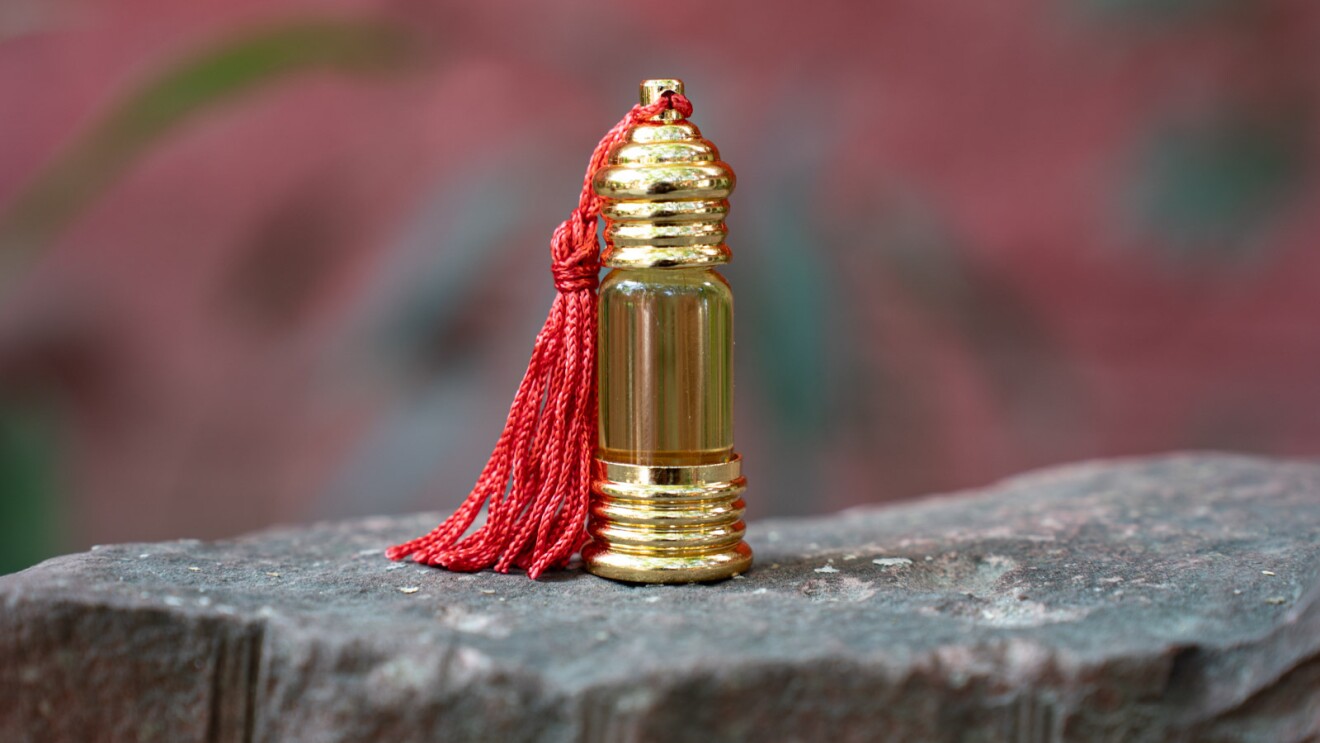
From Kannauj to you
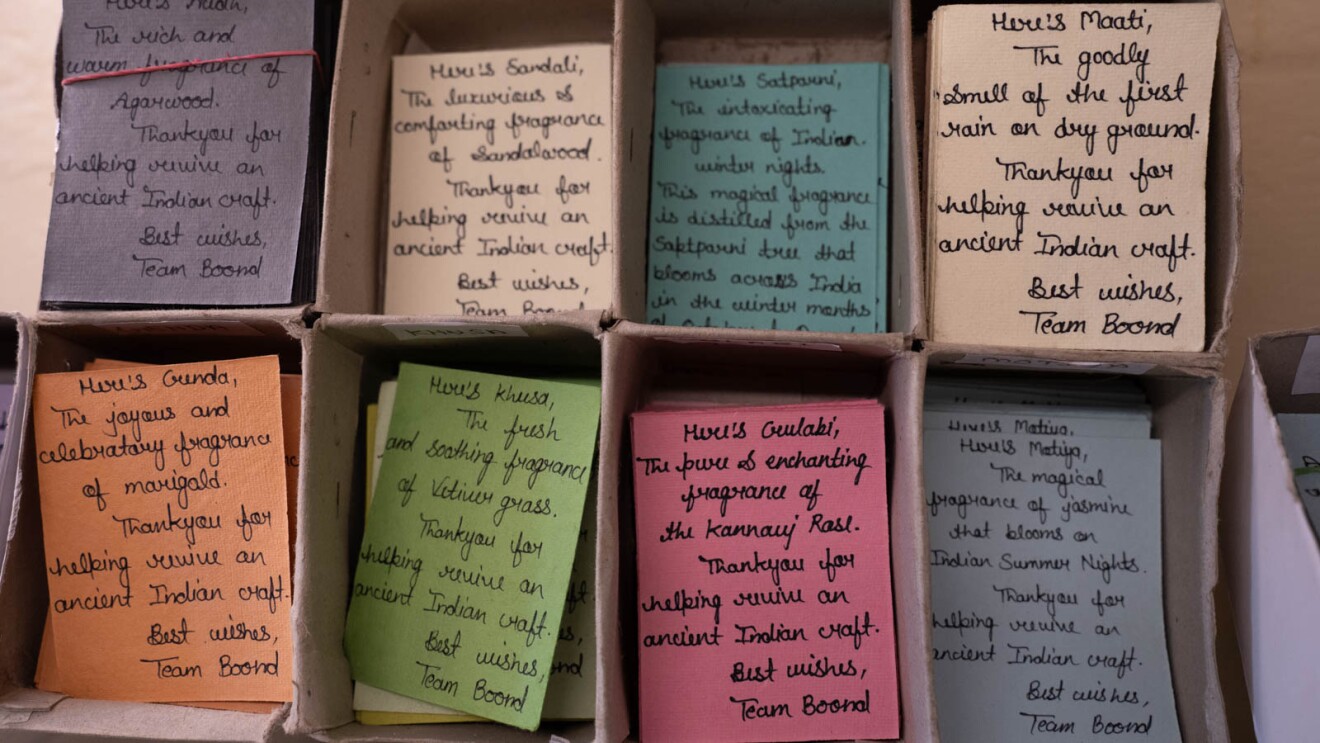
The team at Boond says they have helped introduce a whole new generation to the allure of Attar with a blend of passion and personalisation. Boond is an artisan-led brand, where every element, from the perfume to the packaging, is thoughtfully crafted by local karigars. The packaging is handmade from recycled paper that is screen-printed. Handwritten notes and poems crafted by local school teachers are inserted in every little box.
Nature in a bottle
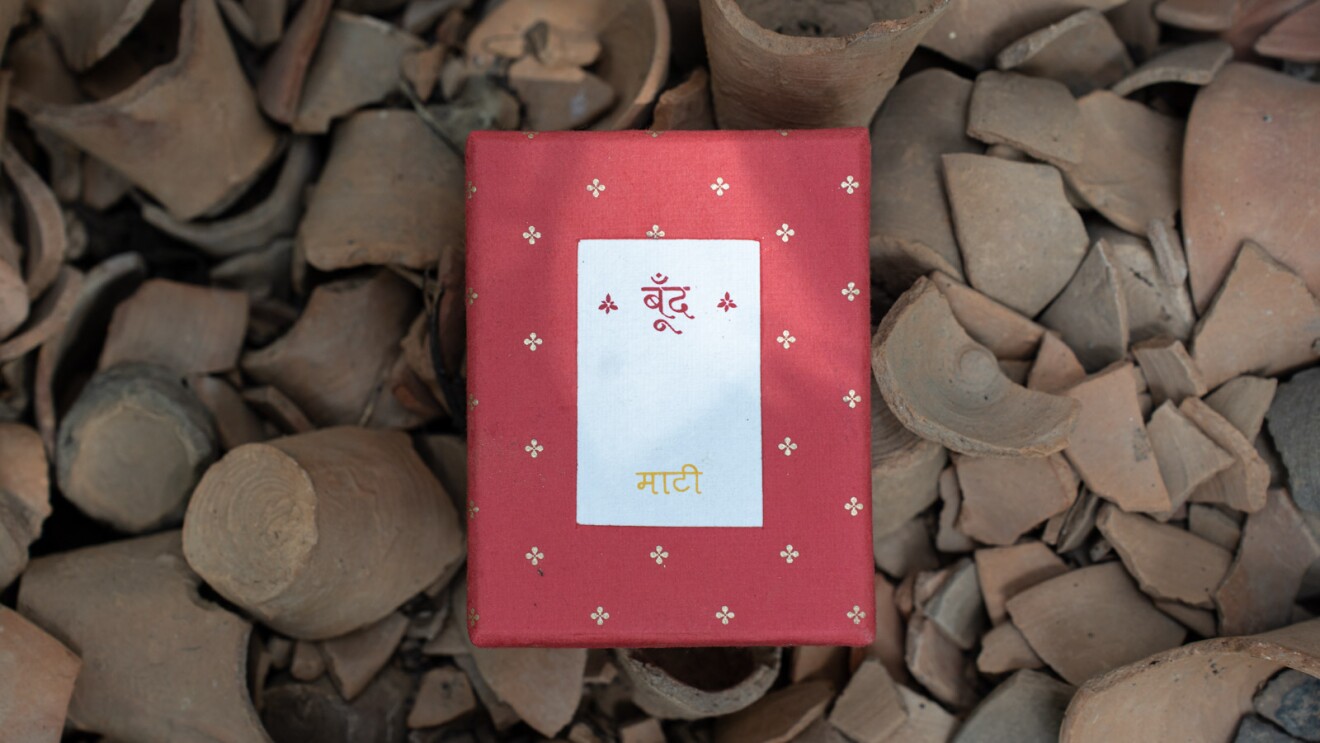
At Boond, flowers, herbs, spices, wood and clay find a second life in the creation of Attar. Traditionally, Attar uses sandalwood infused with botanicals to create a concentrated solution. The scent of a single droplet of Attar could linger for days. The very first fragrance the Tandon siblings chose to bottle was Maati—the evocative earthy scent of the first rain on dry soil. “Maati is the smell of home. More than just a fragrance, it’s a memory,” says Varun Tandon. “The moment you smell Maati, you forget the stress of your daily life and go back in time to a childhood memory of being out in the rain.”
Supporting livelihoods
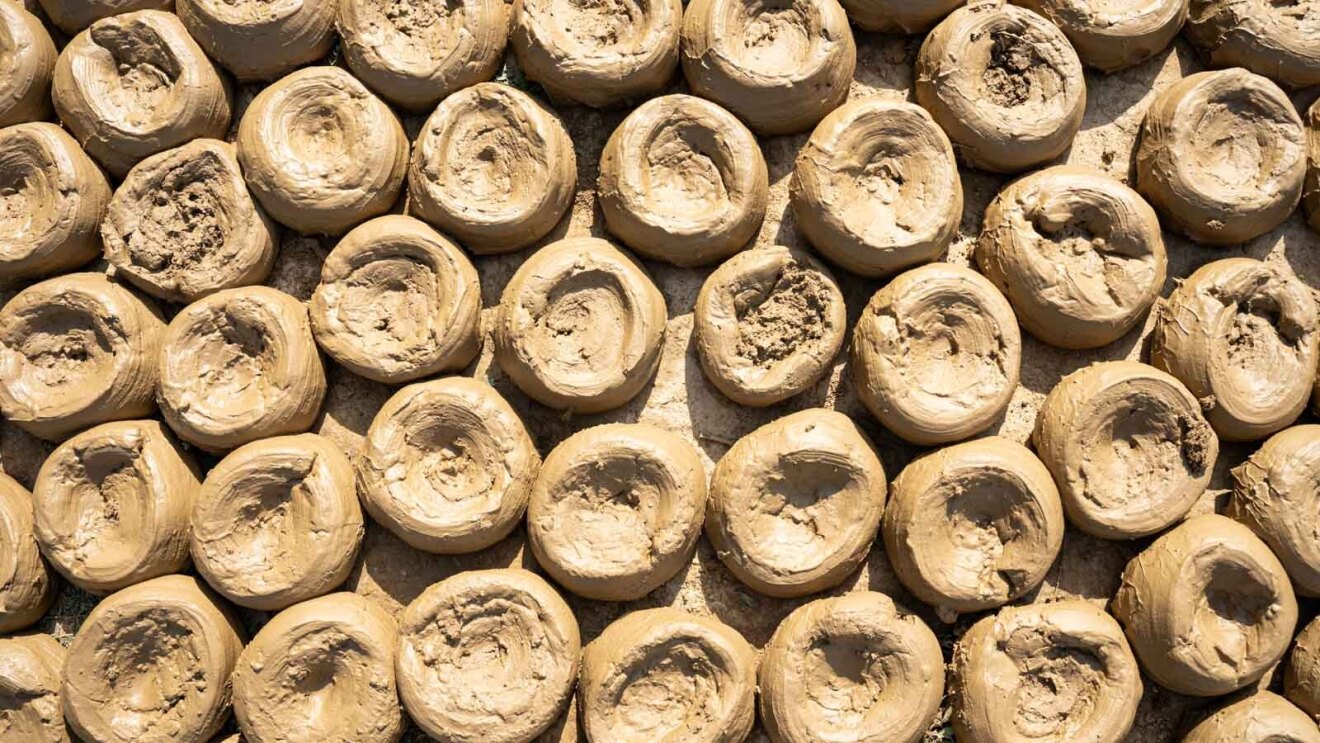
Like most of Kannauj’s attar makers, Boond sources its ingredients from farmers on the town’s outskirts who cultivate damask roses, marigolds and jasmine. Maati’s key ingredient—chikni mitti, a dark alluvial clay —is found on the banks of lakes and ponds in the region. Mohan Lal, who supplies Boond with baked clay for making Maati, has worked as a potter for four decades. Three generations of his family work together to prepare the clay for Attar production.
The intricate process of baking clay for Maati
Initially, the wet clay is shaped into cakes, known as tikkis, on a potter’s wheel. These are then left to dry under the sun before the dried tikkis are fired in a brick oven. “In a day, we make up to 20 quintals (2,000 kg) of tikkis for Attar,” says Lal. “Even the broken shards from the pots we make are sent for making Attar. Nothing goes to waste.”
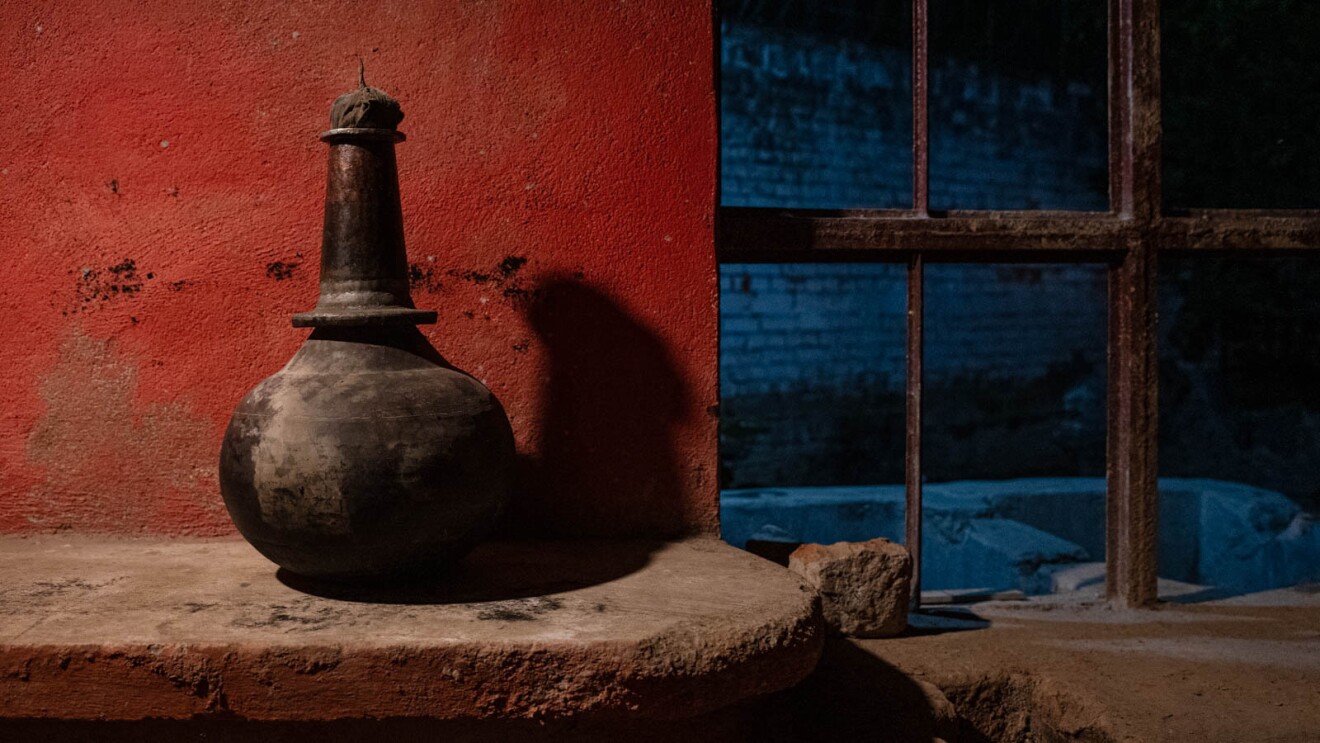
The Degh-Bhapka method of producing Attar
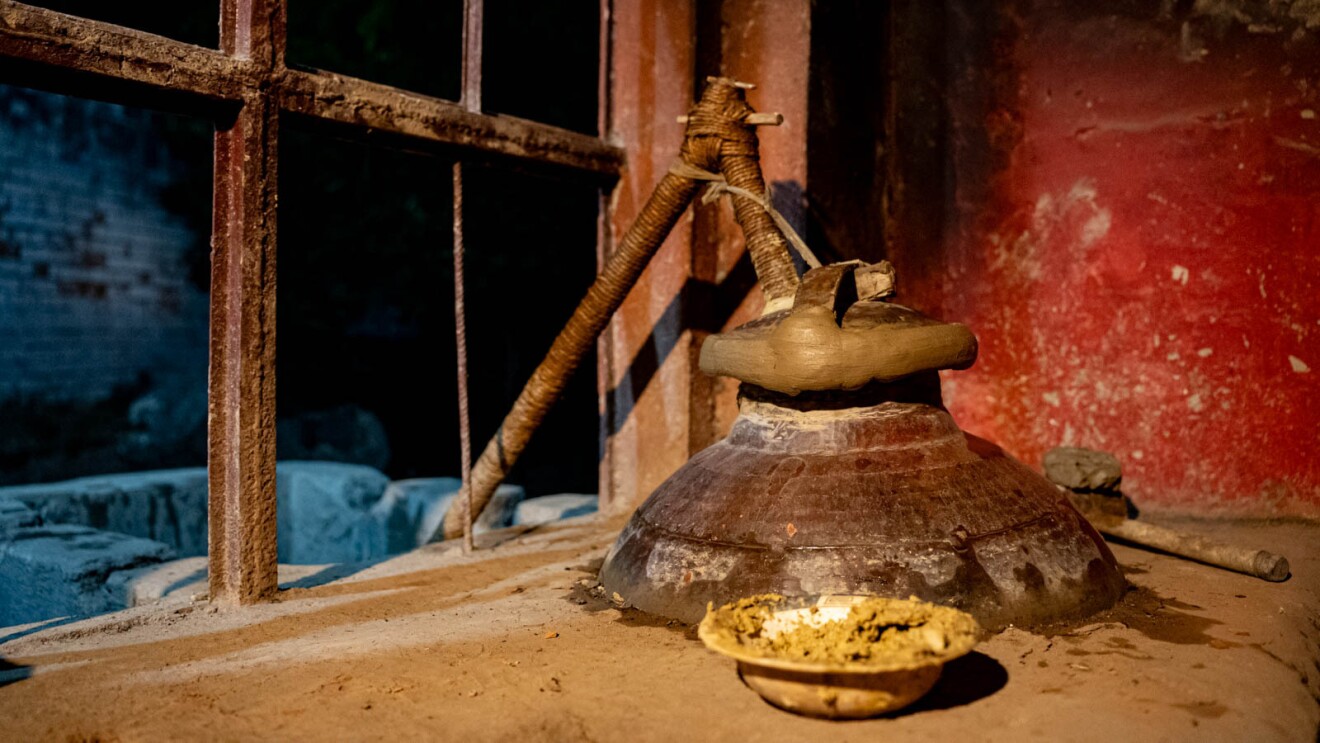
Even today, Attar at Boond is crafted using a centuries-old, time-tested technique known as Degh-Bhapka. The Maati creation process begins with a degh, a copper still, filled with fresh water and the main ingredient (baked clay). The degh’s lid is sealed to ensure no steam escapes. A bamboo reed, known as a chonga, connects the degh to the bhapka, a copper vessel containing the carrier oil, typically sandalwood oil. The degh is heated over a gentle fire fueled by cow dung. As the contents of the degh begin to simmer, the essential oils in the clay vapourise and travel as steam through the chonga to the bhapka, which is kept submerged in water to cool. The vapours then condense and are absorbed by the sandalwood oil. This process, lasting about five hours, is repeated until the desired potency is achieved. After extraction, the Attar is aged, further enriching its complexity and depth.
The artist behind the art of making Attar
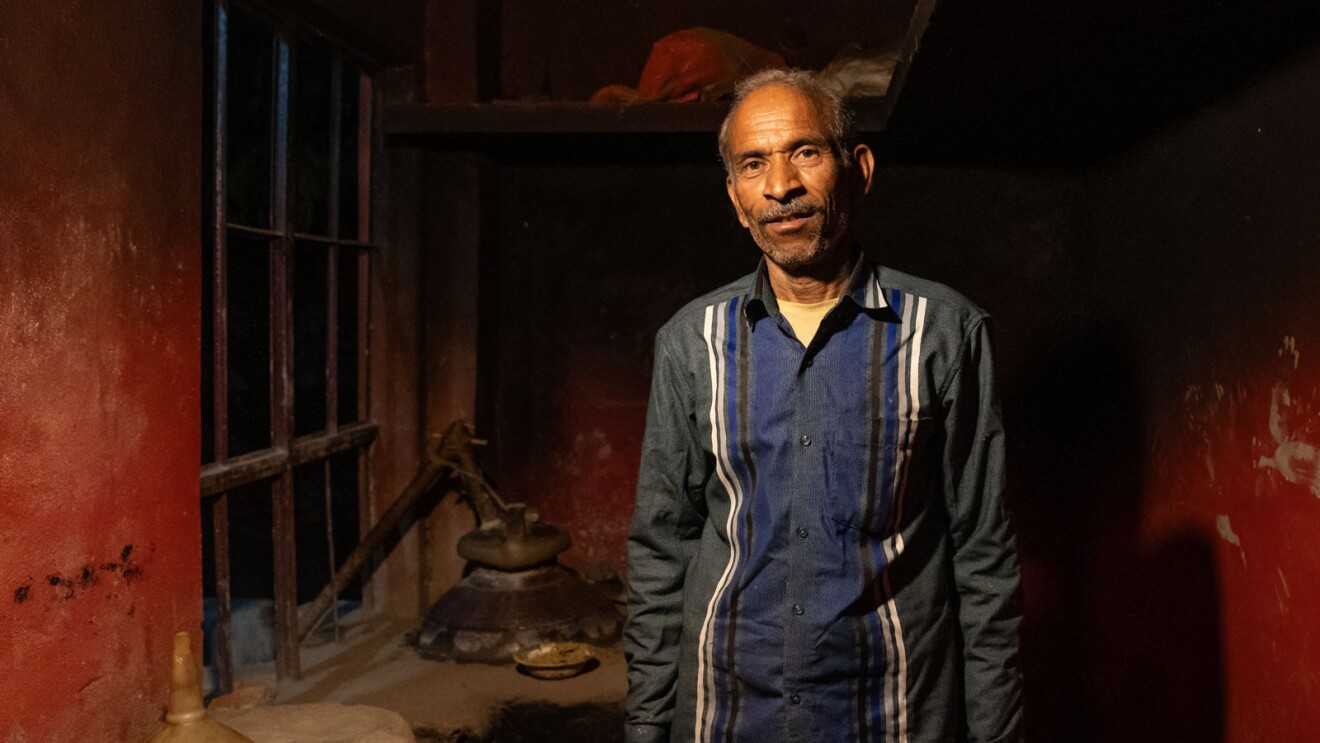
The process of making Attar happens under the watchful eye of a digaha, a master Attar craftsman. Mahesh Chand, the digaha at Boond has been making Attar for over 30 years. His is an art form that has been passed down from master to apprentice through the generations. Chand tends to the fire, while feeling the temperature of the degh with his bare hands and listening to the steam passing through the chonga. These senses are his tools; he has no use for meters or gauges. However, his craft was once on the brink of extinction. “With each passing year, in Kannauj, fewer people were making attar. When the pandemic hit, I thought there was no future and turned to farming,” Chand recounts. But there has been a resurgence of global interest in Attar thanks to the pandemic and the ability of Attar makers/sellers to connect with shoppers pan-India through Amazon.in. “Today, every other house in Kannauj has a degh,” Chand says with a smile.
A new dawn
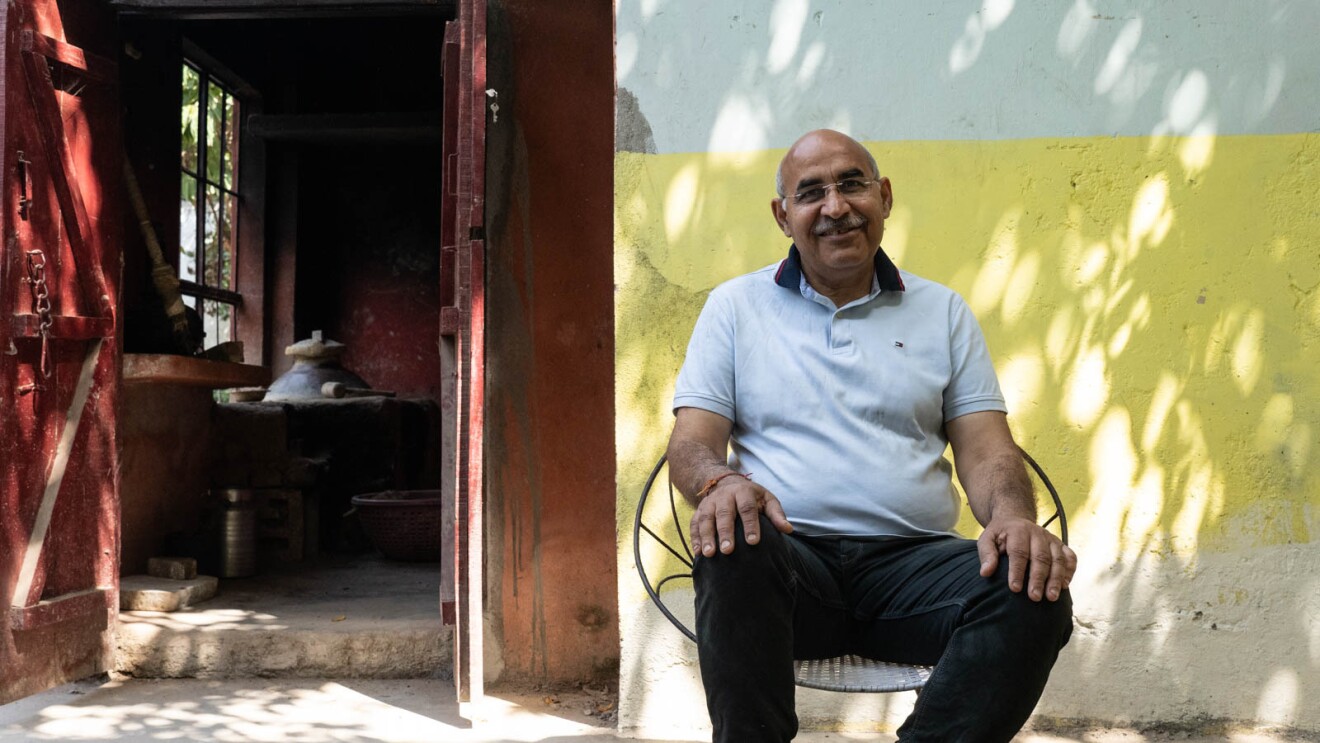
In the lanes of Kannauj’s main market, the famed Bara Bazaar, the air buzzes with commerce and the diverse scents of Attar. Intergenerational distillers and startups like Boond are weaving old with new, inviting the world to rediscover the magic of Kannauj Attar.“In the end, it’s not only a bottle of attar but love, incarnated in the most intimate form possible,” says Pravin Tandon.


























